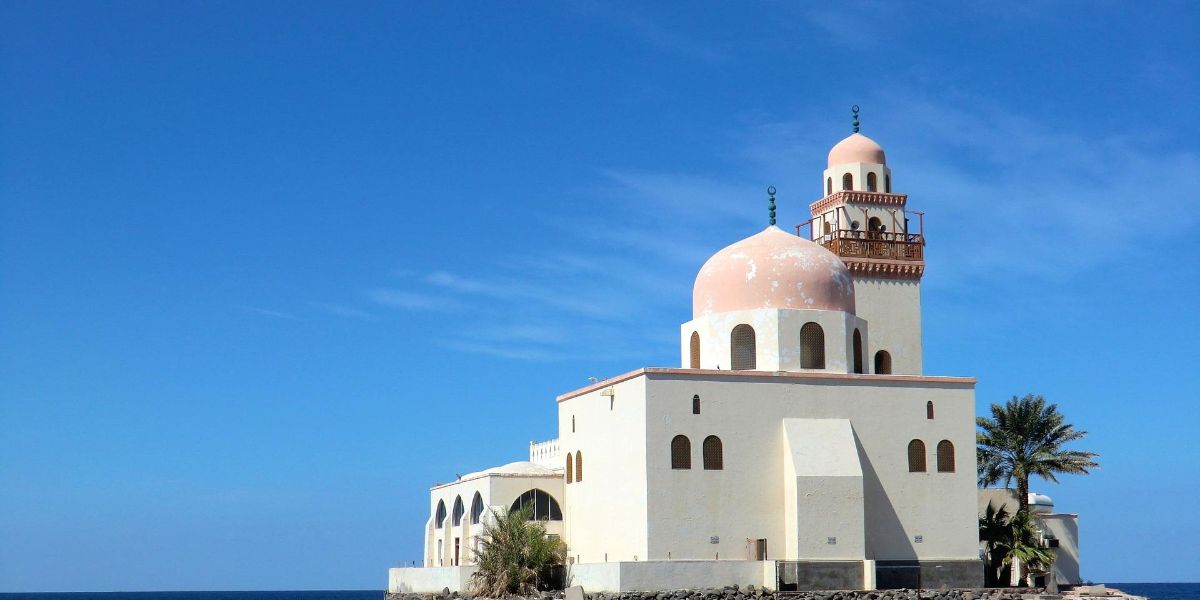On 17 August 2015 the International Monetary Fund (IMF) issued a report following the conclusion of consultations with Saudi Arabia under Article IV of the IMF articles of agreement.
Real GDP growth is estimated to slow to 2.8% in 2015 and to 2.4% in 2016 as the government adjusts its spending to the situation created by the lower oil prices. Economic growth will be around 3% in the medium term.
Structural reforms are now more important to ensure that growth arises more from the private sector. Unemployment among Saudi nationals remains high and the focus is on reforms to increase employment in the private sector and on diversification of the economy to decrease the reliance on oil.
The IMF noted that there have been efforts to strengthen the environment for business by the development of appropriate infrastructure and investment in education and training.
The IMF considers that there is a need for a gradual but large fiscal adjustment based on both revenue and expenditure measures. In addition to energy price reforms and efficient public sector investment this also needs to include an expansion of non-oil government revenue. The IMF therefore considers that Saudi Arabia needs to introduce a value added tax (VAT) and a land tax.
It should be noted that the countries of the Gulf Cooperation Council including Saudi Arabia have been discussing the introduction of VAT systems in their countries in a coordinated way. Negotiations are continuing on remaining issues which include the VAT treatment of certain goods and services such as food and healthcare. When the GCC agrees on harmonized VAT measures each country will pass its own legislation for VAT at a rate between 3% and 5%. It is currently not possible to say when VAT legislation will be finalized or introduced in Saudi Arabia.













